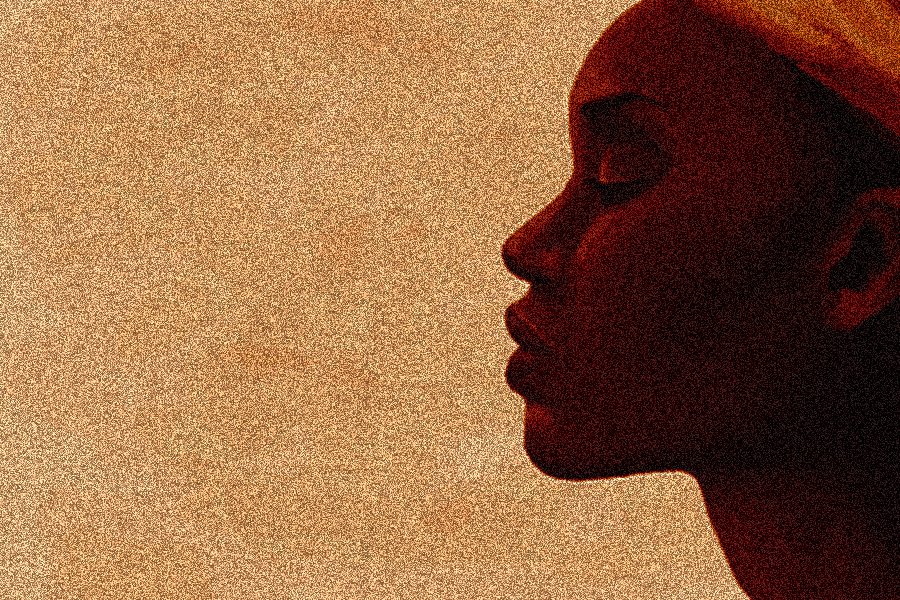The Capitalist Origins of the Oppression of African Women

The world’s first civilizations arose from the spiritual, economic and social efforts of African women and African women in turn went on to lead those Matriarchal societies.
With the creation of the capitalist colonial economy, the marginalization of women came in several ways:
Firstly, the advent of title deeds, made men the sole owners of land. Consequently, as women lost access and control of land, they became increasingly economically dependent on men. This in turn led to an intensification of domestic patriarchy, reinforced by colonial social institutions.
Secondly, as colonialism continued to entrench itself on African soil, the perceived importance of women’s agricultural contribution to the household was greatly reduced, as their vital role in food production was overshadowed by the more lucrative male-dominated cash crop cultivation for the international market. Prior to colonialism, women dominated trade. Markets were not governed by pure profit values; but rather, by the basic need to exchange, redistribute and socialize. Traditional African economic systems were not capitalist in nature.
Thirdly, colonialism brought with it Christianity and a masculine fundamentalism, which is now prevalent across Africa today. The imported patriarchal religion does not allow women to play the leading roles they have in the indigenous African religion.
In Ancient African religions it is not only God who is female, but also the main guardian spirits and sacred principles. Rosalind Jeffries, a historian, documents the concept of the Supreme Mother. In a paper entitled, “The Image of Woman in African Cave Art”, she shows how African Creation stories focused on the Primordial Mother, creating woman first, then man.
Christianity brought the monogamous nuclear family unit to Africa. Its sole purpose was to pass on private property, in the form of inheritance, from one generation of men to the next. Under capitalism, the modern family unit is founded on concealed, domestic slavery of the wife; and, the modern capitalist society is a compound made up of many individual families as its molecules.
A glance at the dictionary will reveal that the word family, has rather telling Latin origins. Famulus literally means domestic slave; and familia, which is also the Italian word for family, signified the total number of slaves belonging to one man. Karl Marx lays it bare: “The modern family contains in germ not only slavery (servitus) but also serfdom, since from the beginning it is related to agricultural services. It contains in miniature all the contradictions which later extend throughout society and its state.”
Finally, the introduction of wage labour affected women by uprooting men from villages to work in urban areas, causing profound, negative economic impacts on women. Colonial authorities routinely used native African males to impose taxes on women, thereby entrenching male dominance in the Native’s psyche. After all, colonialists brought to Africa the concept of the Victorian woman: a woman who should stay in the private domain and leave “real work” to the men. Due to the Victorian concept of women held by all colonialists, African women were excluded from the new political and administrative system, whose sole purpose was to extract raw materials and labour from the colony.
Colonialism replaced the role and status of the pre-colonial, African woman with a landless and disenfranchised domestic slave.
The greatest threat towards the African woman’s glorious future is her ignorance of her glorious past. Armed with knowledge, Africans must now fight to restore women to a position of respect and of economic freedom that exceeds that which she enjoyed before colonialism.
By Garikai Chengu